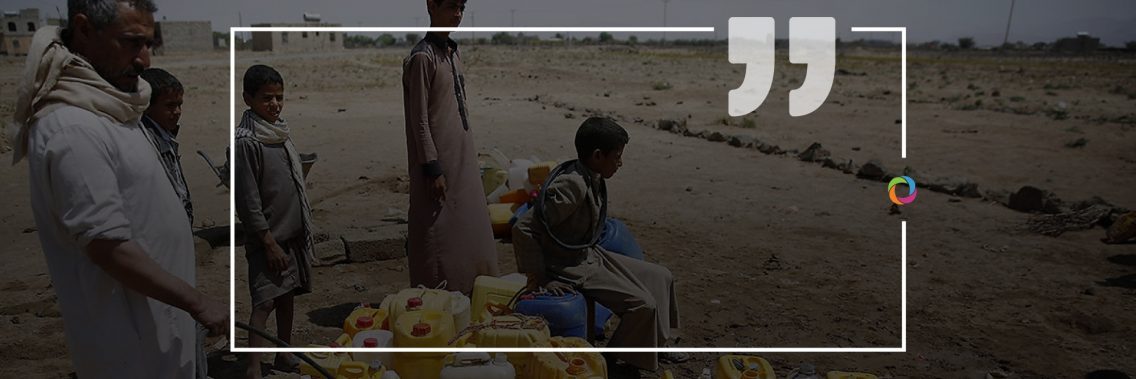The COVID-19 pandemic has caused a widespread loss of income, a decrease in remittances, and limited access to social help. As a result, there is an increasing number of people who have become even more vulnerable. At the same time, because of travel and quarantine restrictions, international organizations have had to scale back the level of international staff in different parts of the world, leading to funding shortfalls for humanitarian aid in a context of increasing need and rising inequality. In this context, we asked several experts how the pandemic should provoke a systemic change in the global humanitarian system.
How should the pandemic provoke a systemic change in the global humanitarian system?

“According to me, systemic change has been a constant phenomenon in everyday settings just like humanitarian interventions. The majority of the world’s population who live in developing countries are vulnerable due to hunger, poverty, war or conflicts and diseases and hence they are in need of aid in whatever category it is delivered to them. With the unexpected outbreak of the novel coronavirus in late 2019, a lot of personal and collective challenges have been faced by the whole population in terms of death, sickness, economic hardship, restrictive movement and an increased need for humanitarian interventions that have changed the way society relates and by the look of things, issues may remain permanently constant and the world’s population just needs to adjust to the current realities. In adjusting to the current realities and adhering to the World Health Organization’s set Standard Operating Procedures, systemic change has been inevitable and this attests to the theory that the pandemic has provoked systemic change in the global humanitarian system where humanitarian workers have to support vulnerable communities with strict observation of social distancing, wearing of face masks or shields, constant washing hands, sanitization of hands among others.”

“When it comes to the global humanitarian aid system, it’s always been claimed that we need more resources allocated to staff working in the field or more direct assistance mechanisms to vulnerable populations or more efforts devoted to decreasing hostility against humanitarian aid staff. However, probably for the first time in humanitarian aid history, these types of existing problems have become sharper and more visible and have almost blocked the whole global humanitarian system: field staff could not travel due to the pandemic, a lack of personal protective equipment, bureaucratic barriers and considerably reduced financial resources, especially those allocated to the most vulnerable groups such as victims of gender-based violence. However, according to the observations of INGOs, a new dynamic having the potential to change the global humanitarian system has emerged and it is the localization of services. Indeed, I believe that the role of small NGOs, municipalities, and local bodies will be more crucial in the upcoming years.”

“In my opinion, all international entities working for humanitarian assistance and relief and well-known donors and funding agencies should have to reflect upon the current needs and urgencies rather than focusing on regular demands and response. There is a dire need to revisit the standards of the humanitarian response while ensuring transparency, accountability, and equality for all. We must strategize and prioritize the improvement of the provision of impartial occupational safety and health for all personnel irrespective of their nationalities or contractual obligations. Considering the pandemic, we must re-map the opportunities in the crises and continue to prioritize the most marginalized and vulnerable communities rather than be coerced by political influence. Last but not the least, building up national resilience rather than expansion around international aid should be the priority of the donors.”
Check out more than 400 job opportunities in the Humanitarian Aid & Emergency sector here.

